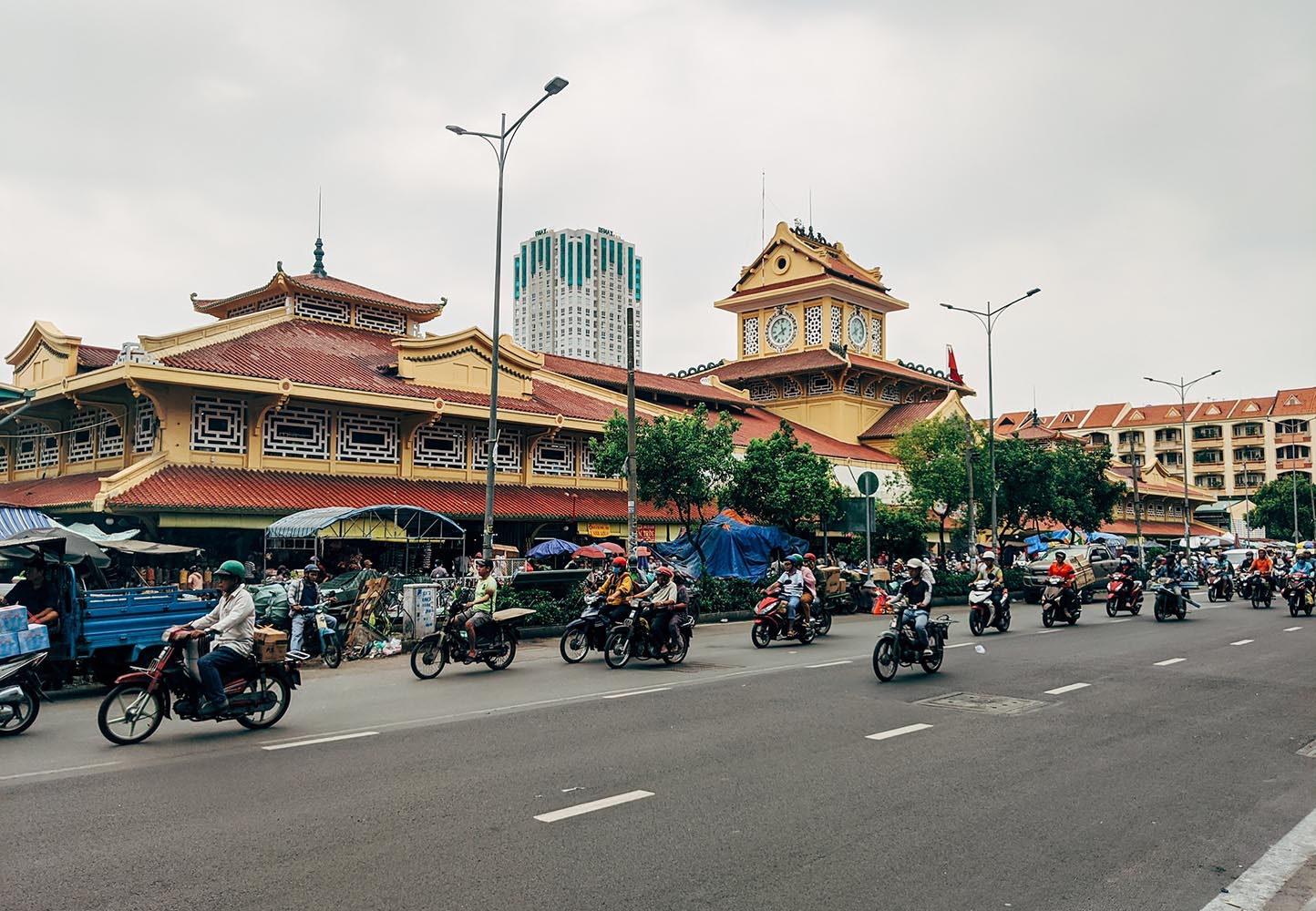
Vietnam mandates recycling for tires, batteries, and lubricants
Starting January 1, 2024, Vietnam will enforce mandatory recycling regulations for rubber tires and inner tubes, batteries, lubricants, and cartons. This initiative is a significant step in Vietnam’s commitment to environmental sustainability, aligning with the extended producer responsibility (EPR) principles outlined in the Law on Environmental Protection passed by the National Assembly in 2020.
EPR places responsibility on producers and importers to manage waste associated with the full life-cycle of their products. An EPR regime, which was first introduced in the EU, was introduced in Vietnam via Decree No. 08/2022/ND-CP implementing some Articles in the Law on Environmental Protection (“Decree No. 08“), and Circular No. 02/2022/TT-BTNMT on the Detailed Implementation of some Articles in the Law on Environmental Protection (“Circular No. 02“), both effective January 10, 2022. The policy would be critical to Vietnam as the growing volume of solid waste, which doubled in less than 15 years, would put the country’s infrastructure and management in overload, according to EuroCham Vietnam.
The new regulation targets producers and importers with annual revenues exceeding VND30 billion (USD1.2 million and VND20 billion (USD822,866), respectively. This move is part of a broader effort to reduce environmental impact and promote sustainable waste management practices in Vietnam.
The obligatory recycling rate is 5% for the tire industry, 8% for rechargeable batteries, 8-12% for accumulators, and 10-22% for packaging.
According to the EPR roadmap, the electrical and electronics industries will have to recycle products compulsorily starting on January 1, 2025. The deadline for the automobile and motorbike industries is January 2027.
These rates are designed to significantly increase the recycling of these materials, reducing waste and conserving resources.
Producers and importers subject to this regulation can comply by adopting one of two methods:
1. Organising the recycling of products and packages themselves.
2. Making a financial contribution to the Vietnam Environment Protection Fund, which supports recycling initiatives.
To ensure compliance, affected producers and importers are required to register their recycling plans with the Ministry of Natural Resources and Environment. Additionally, they must submit annual reports detailing their recycling results, ensuring transparency and accountability in their environmental efforts.
Vietnam’s enforcement of mandatory recycling for key industrial products marks a pivotal advancement in its environmental policy. By institutionalising EPR, the country is taking concrete steps towards a more sustainable and environmentally responsible future, setting a precedent for effective waste management and resource conservation.











